6 Things Not to Read in Any Book
Most of us grew up with the rule that if you open up a book, you finish it. Now, of course, we have lives. Here are six things to skip or skim—with zero guilt.
By Leigh Newman
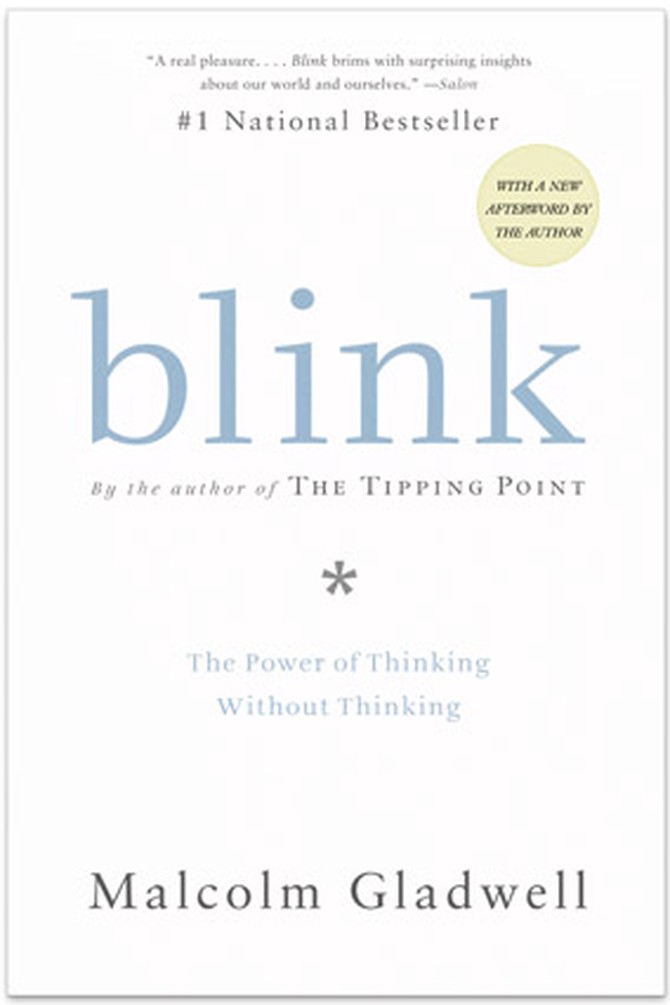
To Skip: The Meat-of-an-Idea Book
Some books float into the universe one day and take over the conversation of our entire world, from the Sunday school picnic to the family reunion. For example, "thinking without thinking" in Malcolm Gladwell's Blink or "eating with almost no carbs" in The South Beach Diet. I'm curious about these ideas. I want to chat about them over rosé with neighbors. But I don't want to read 300 pages about them, including the research that led to them or the three or four lesser-known applications that they've inspired in the scientific community. So unless you're giving a lecture on the topic, let's all give ourselves permission to buy idea books and read about the main ideas—which, conveniently, are usually exquisitely summarized in a long prologue or introduction—and then skip all the elaboration, even if you happen to find it astonishingly smart (see: Blink).
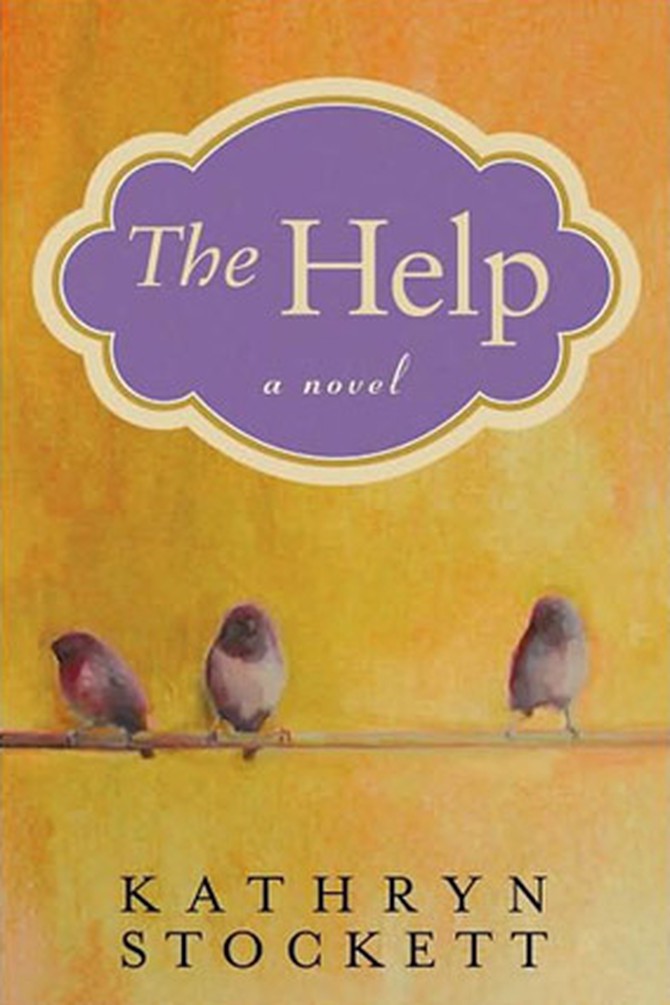
To Skip: The Three's Company Moments
It's not fair to talk about TV and books at the same moment, but I'm going to. One of the reasons why we love to read is that we fall in love with the characters. They either are us or they're like us or they're like somebody whom we love, or they're the kind of person we'd never, ever get to be or meet in our real lives. So, when one of those characters overhears something and misunderstands it (like Jack Tripper) and ends up dressing up in drag to meet Janet and Chrissy at his boss's cocktail party, it's too painful. Furthermore, when that character so clearly makes a bad decision and you can't stop him—he just keeps going, no matter how you cringe or cry "no!"—then drastic nonreading measures are called for. I could not stand reading about Celia from The Help getting dead drunk at the Junior League ball, an event she should never have attended in the first place. In fact, I will not stand it! I'll just skip over that scene and focus on the part where she saves the life of her maid, Minny, with a fireplace poker.
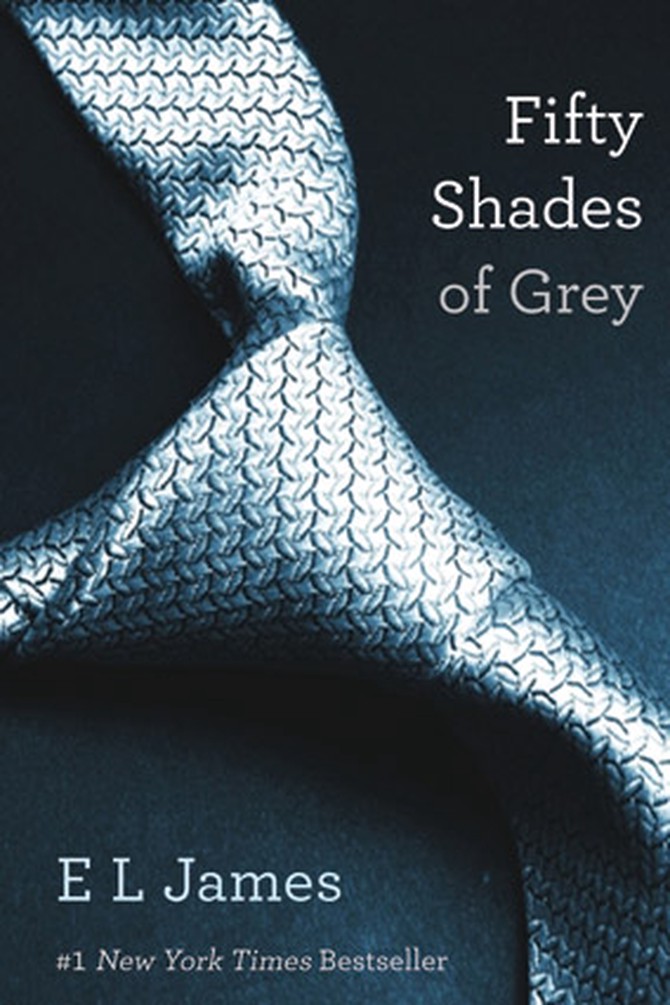
To Skip: The Not-Dirty Parts
Some books are about great literature, and some books are about steamy love scenes or racy, slightly disconcerting sexual escapades that cause you to blush and read on, blush and read on. Just as you speed-read through Flowers in the Attic or certain Judy Blume novels as a preteen in order to get to the parts underlined by your classmates or fellow campers, you can tear very, very quickly through, say, Fifty Shades of Grey to get to the smoking hot bedroom scenes. You don't really care if these characters eat or go to the grocery store, if they get the flu or buy a dress. You care if they get naked! You care if they break out the riding crop or if they make out in an elevator. You care if your neighbor walks in on you while you're reading about the riding crop.
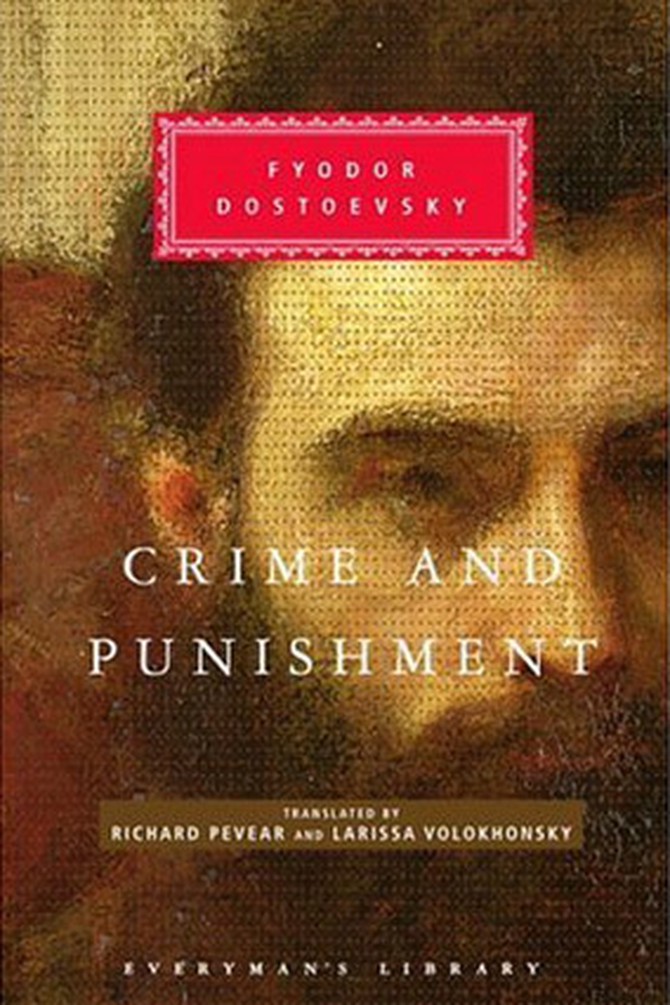
To Skip: Everything After the First Capital Letter
In juicy, monster Russian novels, like Crime and Punishment, people have a lot of names. They have a full name, a pet name and a family name—such as the hero of the aforementioned novel, Rodion Romanovich Raskolnikov, aka Rodya, aka Rodka; or his love interest, Sofya Semyonovna Marmeladov, aka Sonya, aka Sonechka. You can spend a lot of time trying to pronounce these names. You can make lists of how many names everybody has, and you might just make some family tree that sorts out who is who in each scene. But is this really the best use of your time? Maybe it's okay to just call the protagonist the R-guy (to borrow a trick from the spare German-language writer Kafka) and call it a day. The R-guy's murder of the pawnbroker and subsequent self-torment is worth all your attention.
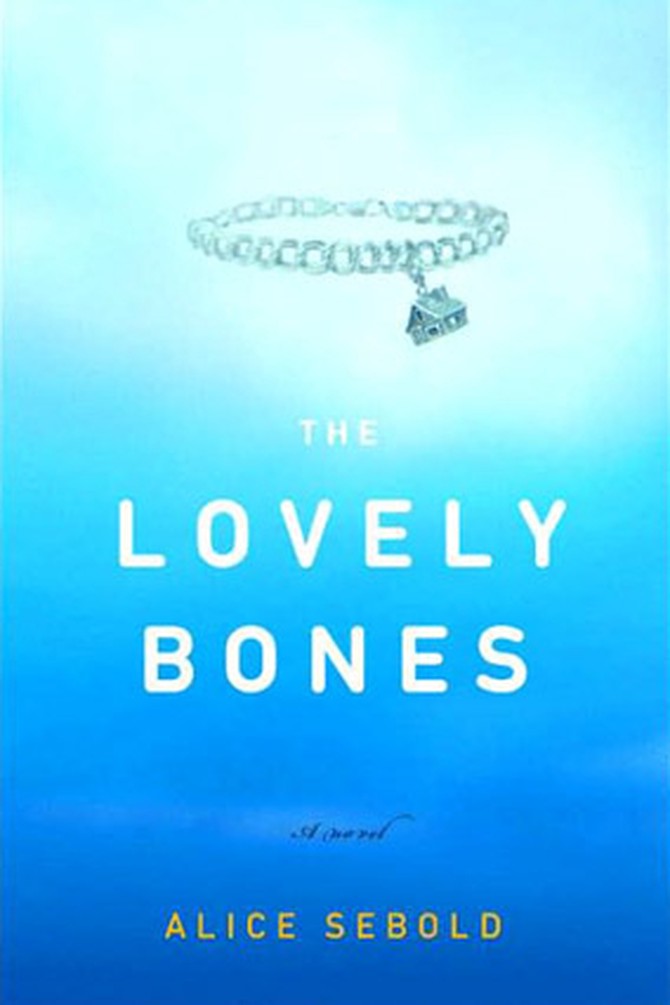
To Skip: The Scene Where Susie Salmon Dies
Along with the rest of humanity, I read The Lovely Bones. But I don't know how Susie Salmon died. I'm assuming it happened in the hole in the field with the guy from next door. I know it was hinted at throughout the book and that the whole story led up to that scene, but I didn't read it. I had a pretty good idea of what was about to happen when it started, and I just flipped forward three pages and moved on. Because no matter how great the artistry or the need for the event in the plot, I can't read about people murdering children. Or rather, I can. But I don't want to. There's enough of that in plain old life.
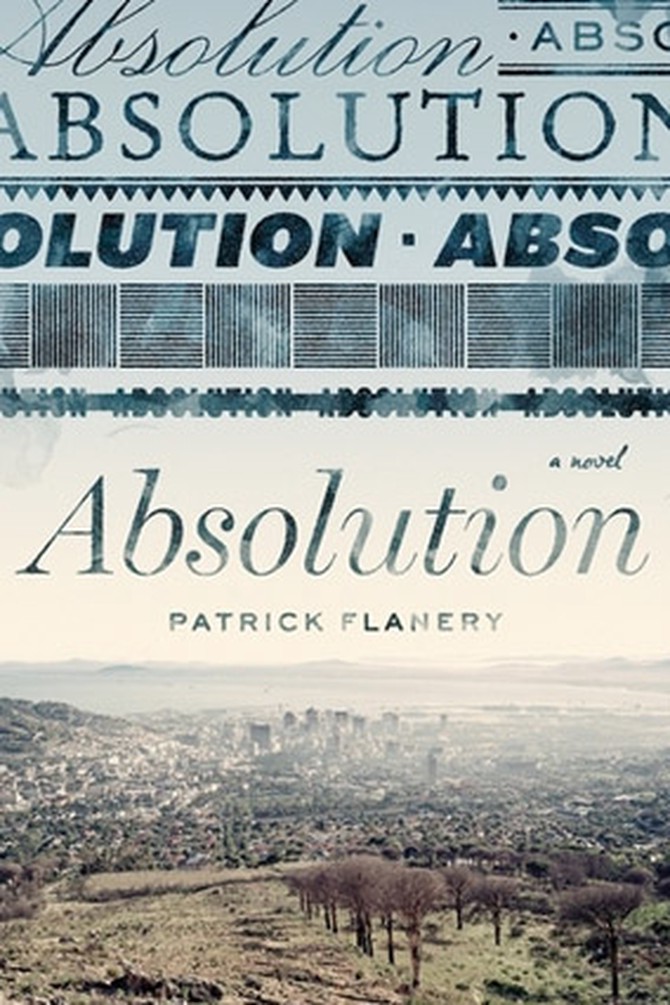
To Skip: The Museum Audio Guide
You know how when you go to a museum you now get that cool high-tech stick to press against your ear as you look at a painting and hear—often in a Euro-sounding, rarefied accent—the historical importance of that particular work and the struggles the artist went through to paint it? The information educates you, yes, but it also takes the joy out of looking at something and going, "Gosh...that's pretty." The same applies to the flaps on a hardback book. Those brisk, intelligent descriptions tend to give you an idea of what will happen. Take the recent literary thriller Absolution. This is a slightly confusing book at the beginning because it's narrated by several different people speaking during several different time periods. The delight of reading it is puzzling out who is speaking, when and why. As illuminating as jacket copy can be, we can forgo it in favor of page one, where the story reveals itself, slowly and with all the delightful disorientation of any real beginning—in books and everywhere else.
Next: 9 lessons from the fictional women we've always wanted to be
Next: 9 lessons from the fictional women we've always wanted to be
Published 05/23/2012

